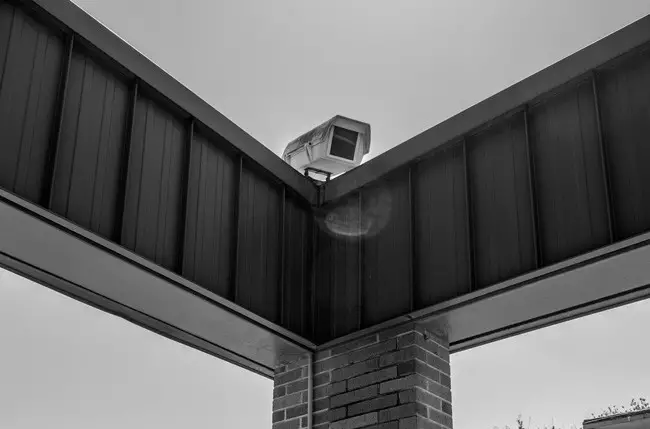
Florida’s long-running conflict between the state and counties over how to share juvenile-detention costs is flaring again — and a powerful lawmaker is unhappy about what is happening.
With tens of millions of dollars hanging in the balance, an administrative law judge is expected to rule in the dispute next month. And after the failure of a legislative compromise last year, some counties are withholding their share of the costs from the Department of Juvenile Justice.
Senate Criminal and Civil Justice Appropriations Chairman Joe Negron, R-Stuart, was critical this week when he learned that 17 of the 35 counties who are subject to bills are remitting either partial payments or none at all. Other counties do not have to pay because of their financial conditions.
“If the counties are going to be unreasonable, and we come to the conclusion they’re shortchanging the state $65 million, believe me, I can find $65 million in the budget going to counties that aren’t cooperating … and we’ll just make reductions where we need to make reductions,” Negron warned.
Department of Juvenile Justice Secretary Christy Daly told the panel that six counties — Charlotte, Escambia, Palm Beach, Pinellas, Sarasota and Volusia — are not paying any juvenile-detention costs this year. As a result, she said, the department faces a $15.7 million shortfall and wants legislative approval for a loan to cover it.
“This is ridiculous that you’re borrowing,” Negron said during a meeting Tuesday of his subcommittee. “It’s like running bake sales to fund an essential function of government. … In fairness, the counties in the past have probably been billed for things they shouldn’t have had to pay, but we need to get our accounting house in order (and) come up with a system where you’re not relying on intermittent payments from our local government partners.”
The conflict centers on the department’s handling of a 2004 law that requires the counties to pay the “pre-disposition” costs associated with juveniles waiting for their cases to be resolved in court. The state pays the cost of detaining juveniles “post-disposition” — that is, after their cases have been decided — but the two sides have long disagreed on how to define those terms.
So far, the courts have backed the counties. In 2013, the 1st District Court of Appeal upheld an administrative law judge’s ruling that the department had shifted a larger share of the costs to the counties than the law required. Until that ruling, the counties had been obliged to pay 75 percent of all juvenile-detention costs, while the department said the Legislature intended for counties to pay 89 percent.
Last year, in the wake of the 1st DCA ruling, lawmakers took up a bill that would have created a 50-50 split between the state and the counties. But it died on the last day of the legislative session, when the counties insisted on being reimbursed $140 million for past overcharges. At that point, Gov. Rick Scott’s office and the Department of Juvenile Justice decided to use a formula by which the counties would pay 57 percent of detention costs, while the state would pay 43 percent.
That’s the formula Daly used when she told Negron’s committee that DJJ had billed the counties $51.7 million for their share of detention costs for this fiscal year.
Counties say the latest formula doesn’t take into account the appeals-court and administrative-law judge rulings. That — and the department’s latest attempt at rule-making in the dispute — led the Florida Association of Counties and a number of individual counties to return to the Division of Administrative Hearings for relief.
“There are some counties that have said, ‘We’re not seeing any recourse in the Legislature, DJJ isn’t acting on the judge’s ruling (but) just changing the rules yet again, and so they’ve taken the position that these dollars need to come back home,” said Florida Association of Counties spokeswoman Cragin Mosteller. “We certainly understand their frustration, but want to work with the Legislature moving forward to create a deal that works for everybody, most importantly the taxpayers and the juveniles we’re serving.”
Negron agreed, and asked Sen. Rob Bradley, who previously chaired the justice appropriations panel, to craft a compromise.
“People of good faith can disagree as to what that percentage should be, but every county understands that they have an obligation to pay for a portion of juvenile detention,” Bradley, R-Fleming Island, told The News Service of Florida. “So when a county takes the position that they’re going to pay zero, that to me is not reflective of good-faith actions.”
–Margie Menzel, News Service of Florida





























Charles Ericksen Jr says
Typical reaction by BULLY NEGRON…..Play ball or I will take the ball and bat and go home..
Charles Ericksen Jr says
The real truth here is that the State overcharged the Counties for years on the costs, and then refused to pay any of it back. .They tried to get the Counties to accept the over payments over a 20 year period. .So they charged even more in 2014 and 2015..Bottomline, the County tax payers paid more than they should..